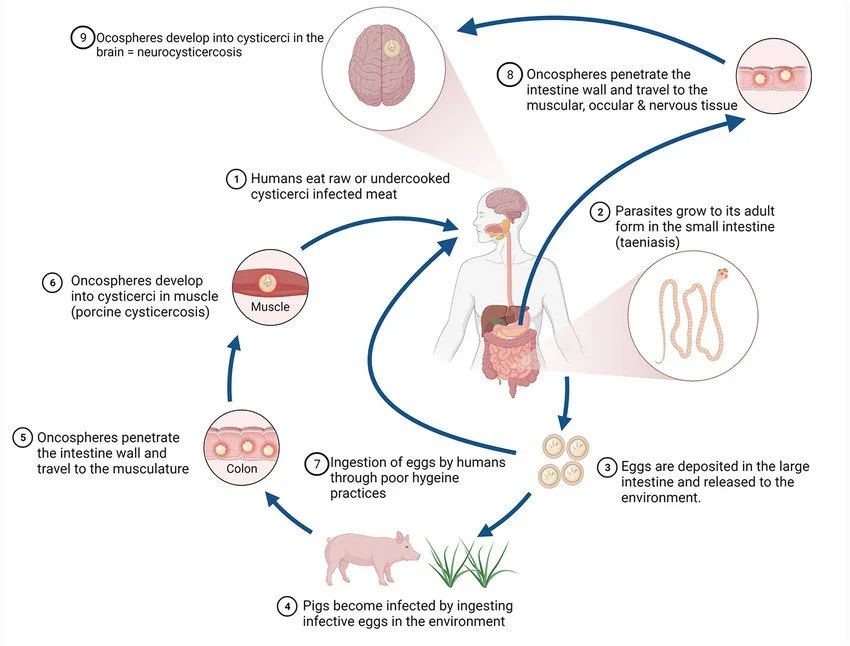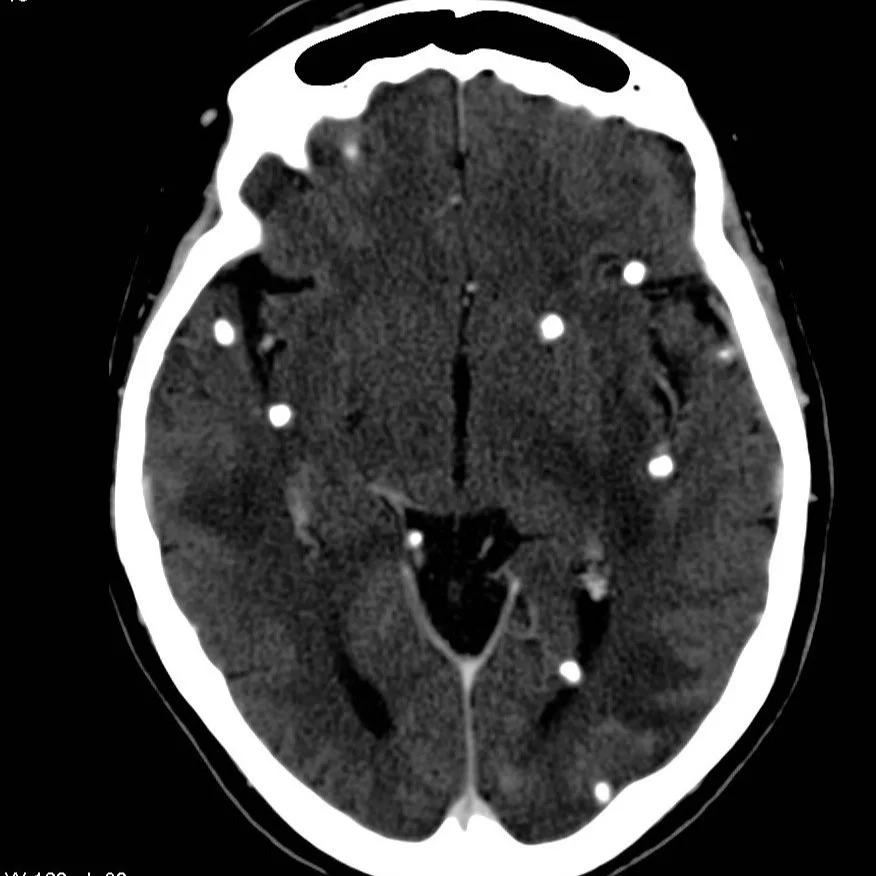Introduction
Recently, Robert F. Kennedy Jr. made headlines with the revelation that a parasitic worm had been found in his brain over a decade ago. This has raised questions and concerns, particularly among older adults who are already worried about cognitive health. So, should you be afraid of brain worms?
The RFK Jr. Story
How It Came Up
Robert F. Kennedy Jr.'s experience with a brain worm came to public attention due to his 2012 deposition during a legal matter, where he revealed that he had suffered from cognitive problems and memory loss. Doctors initially suspected a brain tumor, but further investigation revealed that a parasitic worm had entered his brain, caused damage, and then died.
Public Reaction and Statements
In light of this revelation, Kennedy made bold claims about his health and capabilities, asserting that he could "eat 5 more brain worms" and still outperform his political rivals in a debate. His campaign emphasized that the issue was resolved over a decade ago and that he is in robust physical and mental health.
Understanding Parasitic Worms
What Are Parasitic Worms?
Parasitic worms, also known as helminths, are organisms that live and feed off their hosts. Common types include tapeworms, roundworms, and flukes. They can enter the body through various means, such as consuming undercooked meat, drinking contaminated water, or poor hygiene practices.
We do not know the exact type of parasitic worm that Robert F. Kennedy Jr. had, but researchers and medical professionals suspect that it may have been the pork tapeworm (Taenia Solium), which is typically contracted through the ingestion of eggs from undercooked pork or in contaminated food or water.
How Are They Contracted?
Infections occur when people ingest worm eggs or larvae, often through contaminated food or water. Older adults may be more susceptible due to weakened immune systems, making it crucial to understand and mitigate these risks.
Life Cycle of Taenia Solium
Cognitive Impact of Parasitic Worms
What Is Neurocysticercosis?
Neurocysticercosis is a severe condition caused by the pork tapeworm (Taenia solium). When the larvae infect the brain, they can lead to symptoms like headaches, seizures, memory loss, and confusion. This condition was what affected Robert F. Kennedy Jr., causing significant cognitive problems before it was diagnosed and addressed.
Symptoms to Watch For
Symptoms of neurocysticercosis can vary but often include:
Persistent headaches
Seizures
Memory loss
Cognitive confusion
Balance problems
If you or a loved one experience these symptoms, it’s important to seek medical advice promptly.
Prevalence and Public Health Concerns
How Common Are These Infections?
Globally, parasitic worm infections are widespread, with over a billion people affected. However, in the United States, such cases are relatively rare. The Centers for Disease Control and Prevention (CDC) reports about 1,000 new cases of cysticercosis annually, typically among individuals who have traveled to or immigrated from regions where the disease is more common.
Is This a Realistic Risk for You?
For most people in the U.S., the risk of contracting a brain worm is low. The majority of cases involve individuals who have traveled to endemic areas in Asia, Africa, or South America. Practicing good hygiene, cooking meat thoroughly, and drinking clean water significantly reduce the risk of infection.
Prevention and Treatment
Preventive Measures
Food Hygiene: Ensure that meat, especially pork, is well-cooked.
Hand Washing: Regular and thorough hand washing can prevent the ingestion of worm eggs.
Safe Drinking Water: Drink clean, filtered water, especially when traveling.
Treatment Options
If an infection occurs, medications like praziquantel and albendazole are effective in treating parasitic infections. These drugs can kill the larvae and reduce inflammation caused by the infection.
Conclusion
While the idea of brain worms is unsettling, it’s important to remember that such infections are rare in the United States. Understanding the symptoms and taking preventive measures can help mitigate the risk. If you have concerns about your cognitive health, consult a healthcare professional to explore the causes and appropriate treatments.


